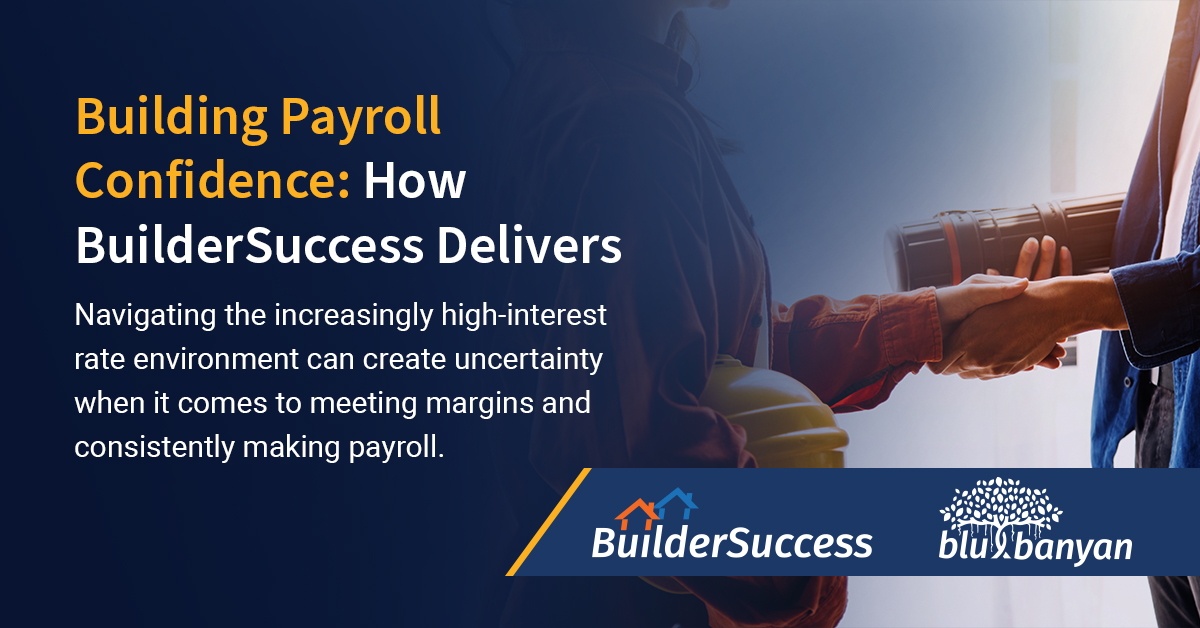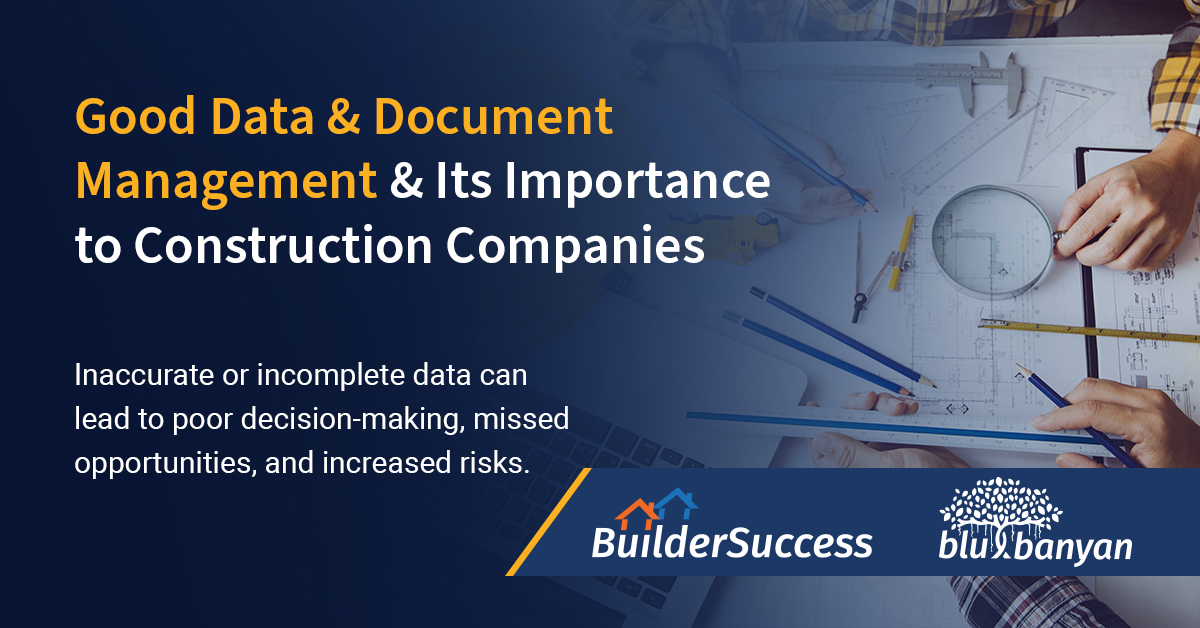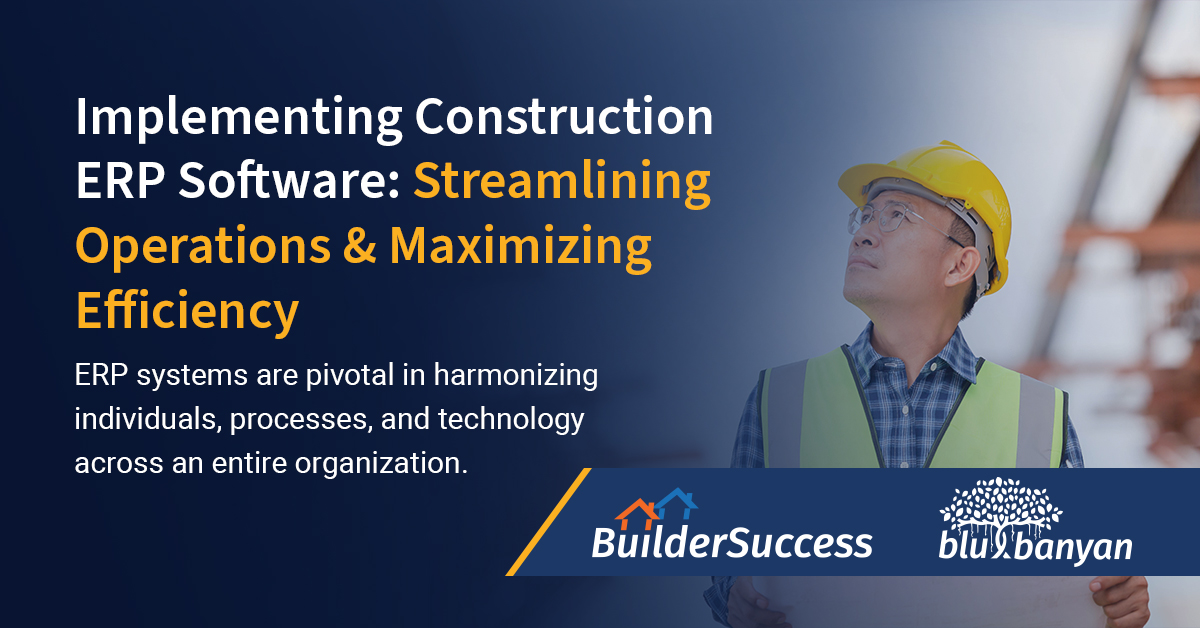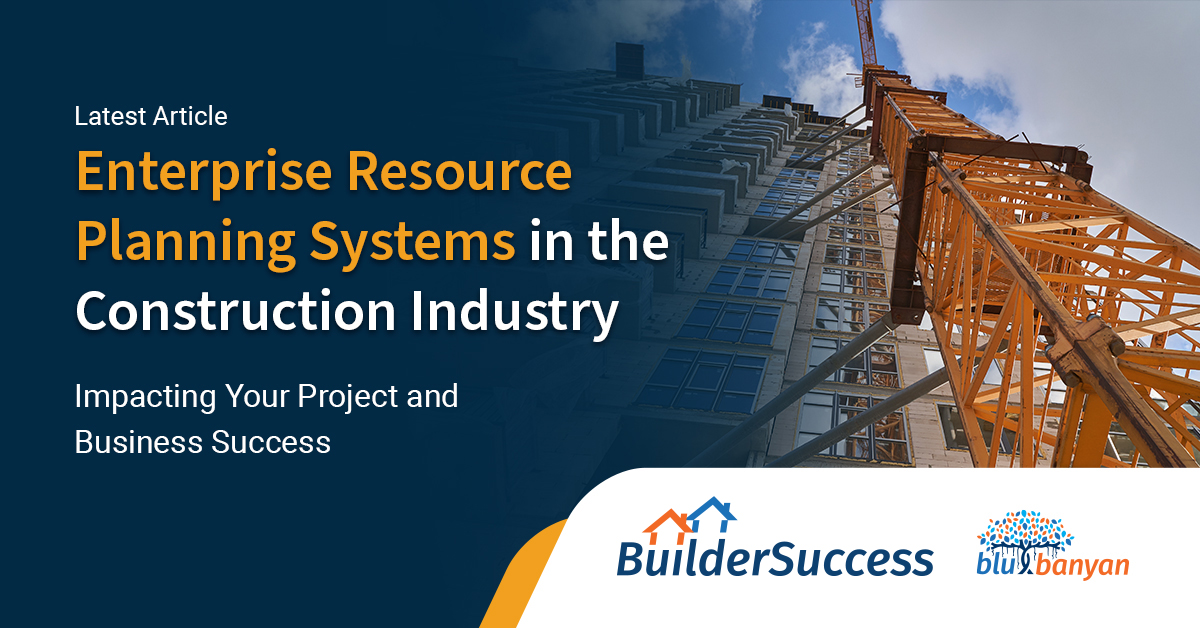Enterprise Resource Planning (ERP) systems are critical to the success of projects in the construction industry. Without an effective ERP system in place, construction firms can experience a number of problems that can impact their bottom line. A recent study by the University of Western Sydney explored the real word impacts that implementing or upgrading Construction ERP‘s had on a number of construction businesses in various sectors, including:
- General Construction
- Mechanical Projects
- Manufacturing Lead Construction
- Infrastructure Projects
- Homes and Low-Density Dwellings
- Renewable Energy Projects
- Electrical Projects
- Communications Infrastructure
- Civil Construction
- Town Planning and Development
In this blog post, we will discuss the results of this study and the role that ERP systems play in the construction industry and how they can help builders control projects, manage complex accounting processes, streamline and automate workflow and administration and keep customer and project stakeholder relationships thriving.
What is Construction ERP?
An Enterprise Resource Planning (ERP) system is a software solution that helps businesses manage their core operations, including accounting, human resources, customer relationship management (CRM), supply chain and project management.
A construction ERP system is a purpose-built software solution that helps construction firms manage their end-to-end business processes from pre-construction to post-completion.
Construction ERP systems are designed to manage the complexities of the construction process and provide firms with visibility and control over their projects. They do this by providing a single database to manage all operational, business, and project-based information, which allows users to analyze data in ways not possible with disconnected systems.
How Construction ERP Systems Impact Projects
The University of Western Sydney study found that construction businesses who had implemented or upgraded their ERP system reported a number of positive impacts on their business, including:
– Improved project management and control
– Increased visibility of information
– Improved communication and collaboration
– Reduced costs
– Increased profitability
– Improved customer satisfaction.
The study also found that the most successful businesses were those who had a clear understanding of their business needs before selecting an ERP system. Once they had selected a system, they worked closely with their software vendor to ensure that the system was configured to meet their specific needs, with the overwhelming majority of organizations seeing almost immediate improvement to both operational efficiency and project profitability.
Real World Impacts of Implementing ERP in the Construction Industry
A study titled “Impact of Enterprise Resource Planning (ERP) Systems to the Construction Industry”, researched and written by Thathsarani Hewavitharana from the University of Moratuwa, Sri Lanka, and Samudaya Nanayakkara, from the Western Sydney University, Australia, seeks to profile the post-implementation impact that ERP solutions have in the construction sector.
The study seeks to understand whether companies who implement Construction ERP solutions experience positive impacts, measured by a number of key metrics. The results, when viewed collectively, indicate that the majority of Construction companies see positive impacts on their projects and businesses as a whole.
Construction Business Growth After ERP Implementation
The study aims to place each construction company into one of five self-reporting categories post-ERP implementation. These categories included:
- Company Experienced High Growth With ERP
- Company Experienced High Growth Without ERP
- Company Experienced Stagnated Growth With ERP
- Companies Only Survived Due to ERP
- Companies Experienced Decline With ERP
When analyzing the data, the researchers found that the majority of companies (53%) fell into the first category of experiencing high growth with an ERP system in place.
The next highest performing segment was companies that reported their businesses survived due to ERP, with 27% of respondents identifying with this category.
This is followed by construction companies who experienced stagnated growth at 10% of the total cohort. Companies that declined in growth represented 7% of the study subjects.
Most interestingly, however, it was found that only 3% of the total sample reported high growth without having an ERP in place.
Whilst it cannot be proven conclusively, this indicates that the ability/likelihood for a construction firm to experience high levels of growth without ERP solutions in place is vastly lower than those that have made the investment into modern construction management software applications.
Is the Size of a Construction Company a Contributing Factor to ERP Helping Control Growth?
An additional analysis of the dataset sought to break the total sample of construction companies who participated in the study into large Enterprise Construction Companies and medium-sized Construction companies.
Impacts of Construction ERP on Enterprise Construction Companies
When analyzing the Enterprise sized segment of the study, 62% of respondents reported high levels of growth, with the remaining 38% reporting that they were able to survive due to the ERP solution having been in place. This indicates that in the larger end of the market, almost all businesses are using ERP software, and that none of the respondents reported a decline or stagnation due to the solution being in place.
Impacts of Construction ERP on Medium-Sized Construction Companies
In the next tier down, again, the majority of respondents (41%) reported high growth due to the positive impacts of implementing an ERP solution, with a further 19% reporting they were able to survive due to the ERP system.
Why do Construction Companies that have Implemented ERP Experience Higher Growth?
When asked what the main reasons construction companies believed they were either able to survive or grow with ERP in place, respondents provided a number of key business improvements that they were able to directly attribute to their ERP solutions. These included:
One clear picture of all entities, departments and projects
For construction companies of all sizes, the ability to have one clear picture of all entities, departments, and projects is seen as a key success factor in being able to effectively manage growth.
Other benefits included greater levels of transparency and improved communication across the business.
An enterprise-wide single database where all business transactions are entered, recorded, processed, monitored, and reported
The ability to have one enterprise wide database was also seen as a key success factor, with businesses reporting that this enabled greater levels of transparency and improved communication.
It also allowed for easier monitoring and reporting of business transactions.
Integrated software solution that covers the entire life-cycle of a project from inception to close-out provided technological support to a complex process.
Increasing managerial flexibility
For managers, being able to gain a better understanding of all aspects of the construction process was also seen as a key benefit by those construction companies that had implemented ERP.
The ability to see the “big picture” and make better decisions about resources, projects, and processes was seen as a major advantage of having an ERP solution in place.
Lowering the cost in the entire supply chain
Many construction companies reported that they were able to streamline their supply chain by integrating all processes and automating many tasks. Many construction companies identified they were able to lower the cost in the entire supply chain, which had a direct impact on the bottom line of individual projects and the company in general.
Increasing efficiency of communication among different business departments
Construction companies that had implemented ERP were able to increase the efficiency of communication among different business departments. This was seen as a major advantage by those companies who participated in the study.
By integrating all business processes and automating many tasks, construction companies were able to improve communication and collaboration among different departments, which in turn saw a reduction in errors occurring due to miscommunication.
Improving business productivity
Construction companies who had implemented ERP reported that they saw an improvement in business productivity. This was attributed to a number of factors, including reducing inventory turnover, expanding the product choice, and providing more reliable delivery dates.
Improving quality customer service
Most companies that had implemented ERP were able to reference improving quality customer service as a key cause of their growth. By having a single view of the customer, construction companies were able to provide a higher level of customer service with greater transparency on performance in real time. This was achieved by being able to track all interactions with the customer and provide more personalized service.
Gaining a competitive advantage
Gaining a competitive advantage is one of the main reasons why construction companies choose to implement ERP solutions. By automating many processes and integrating all business functions, construction companies are able to gain a competitive advantage over those who do not have an ERP solution in place. This was seen as a major benefit by those companies who participated in the study.
In Conclusion
What is clear from the data is that those companies that had made the decision to invest in a construction specific ERP solution are experiencing the impacts of a number of key benefits and advantages for their businesses.
The study provides strong evidence to suggest that those who have not made the investment in ERP are at risk of being left behind by their competition as the industry continues its digital transformation journey.
This is particularly true for larger construction companies, where the majority of businesses already have ERP solutions in place, and those that don’t are struggling to survive.
If you would like to learn more about how an ERP solution like BuilderSuccess could benefit your construction business, please contact us today. We would be happy to discuss your specific needs and provide you with a tailored demonstration and proposal.





